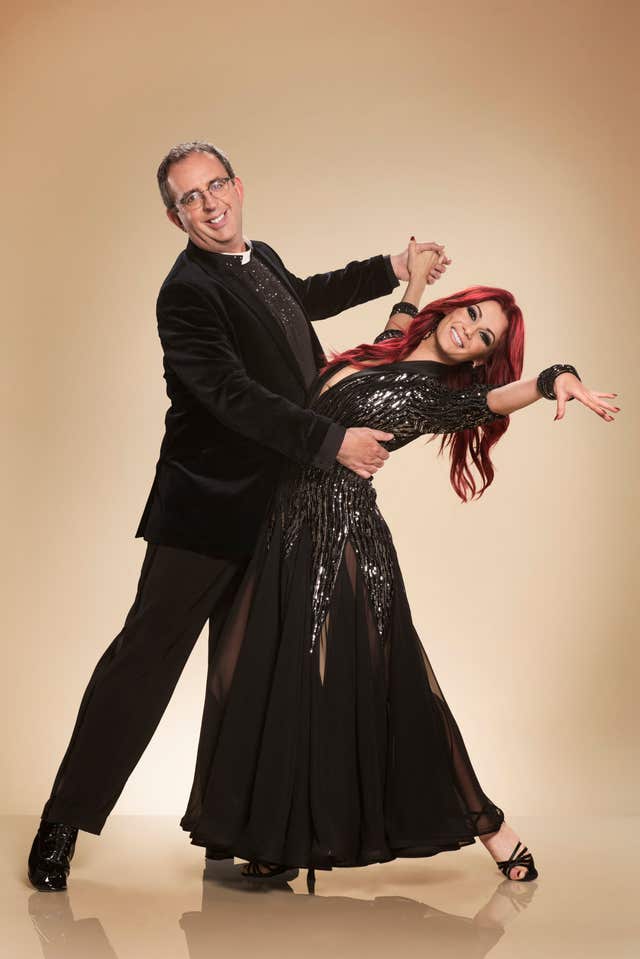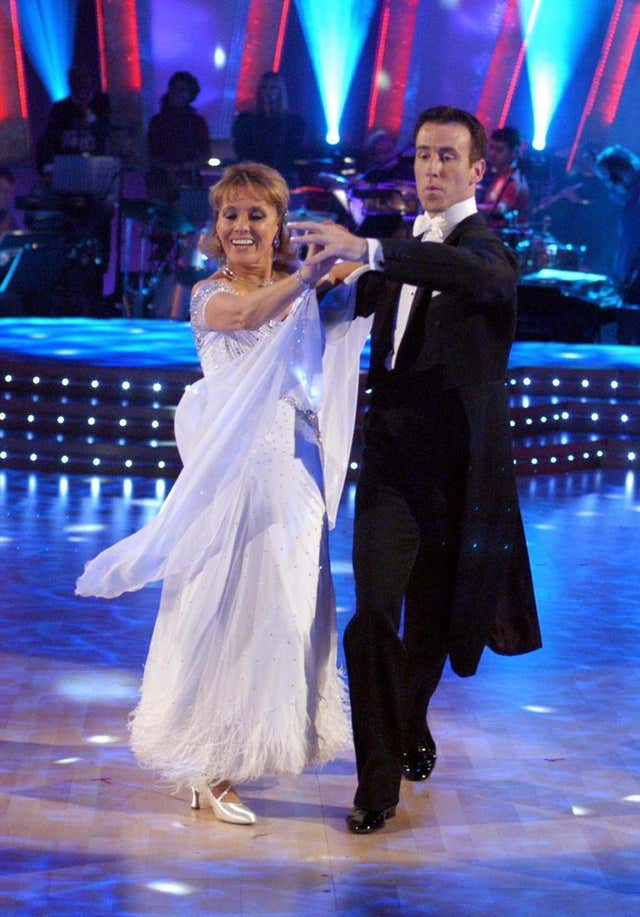
Former Strictly Come Dancing contestant Reverend Richard Coles has said “no-one is surprised” by the allegations that have emerged about the treatment of contestants on the hit BBC show.
The corporation has said it is announcing “additional steps to strengthen welfare and support” on the popular BBC series, after concerns “have arisen in recent months” that are “fundamentally about training and rehearsals”.
A member of the production team will now be present “at all times” during training room rehearsals and there will be a celebrity welfare producer and a professional dancer welfare producer.
Love Island star Zara McDermott, 27, has opened up about her time on the BBC One programme following the exit of her former professional partner Graziano Di Prima.

She said videos of “particular incidents” are “incredibly distressing” to watch and she was previously reluctant to speak out because she feared “public backlash” and “victim shaming”.
There have also been allegations about the teaching methods of professional dancer Giovanni Pernice, which he denies.
Reverend Coles, who appeared on the show in 2017, when he was partnered with Dianne Buswell, said few people involved in the show have been surprised by the allegations.
He told Times Radio: “I remember somebody who worked on the show for years and years telling me: ‘Strictly is a wonderful show with a dark heart.’ And I never really understood what that meant, but perhaps one of the things that meant is what you don’t see, which is how intensely competitive it is.
“And also, I think the fact that it’s so important to the BBC, how much effort goes into maintaining the glitter on the glitter ball.

“All human experience is mixed, we know that. Introduce that element of competition to it – it’s a career-making or a career-breaking experience for some people – and you can understand why the smile perhaps gets a little fixed and the glitter a little bit shiny.”
He continued: “The world of professional ballroom and Latin is extremely competitive. These dancers have been doing it literally since they were children.
“It’s unsentimental, it’s brutal, and they work in regimes which are impossibly disciplined, I think, for people who aren’t used to that. So often it’s a bit of a culture shock for people coming into it.
“That’s not to excuse or condone any inappropriate behaviour. It’s quite right of the BBC, with its duty of care, to protect contestants from that, and also to just help dancers work out what the right angle of approach is to the programme and the people they work with.
“My own experience with my own dance partner, Dianne Buswell, was uniformly good. We had a fantastic relationship, both on and off camera, and I wasn’t aware at all of anything untoward at the time.”
Discussing conversations he has had with others about the current situation, he said: “I’ve spoken to both contestants and also professionals about it. And I think no-one has been surprised that this stuff has surfaced.
“I think everyone’s just concerned to see that appropriate measures are put in to mitigate it, I think.”
Dame Esther Rantzen, who appeared on the second series of the show with Anton du Beke, said the show has become a “sacred cow”.

She told Times Radio: “It’s become much more dancey. It’s become much more professionalised… It’s become technically much more difficult and it’s become much more of a competition.
“And I can understand why producers want the dance to be lovely, but actually, this is an entertainment show about amateurs.”
She added: “The only worry I have is why it took so long for these complaints to surface. And if I were a producer, and I have been a producer in my time, that’s the question I would be asking myself with a bit of concern.
“I’m sure the steps they’ve taken will be effective, but they do need to ask themselves why nobody dares make a complaint when things go wrong.”
Asked why she thinks it might be, Dame Esther said: “I think it’s become a sacred cow. I think it’s become an iconic programme and I think everybody has inflated it beyond its worth.”


Comments: Our rules
We want our comments to be a lively and valuable part of our community - a place where readers can debate and engage with the most important local issues. The ability to comment on our stories is a privilege, not a right, however, and that privilege may be withdrawn if it is abused or misused.
Please report any comments that break our rules.
Read the rules here